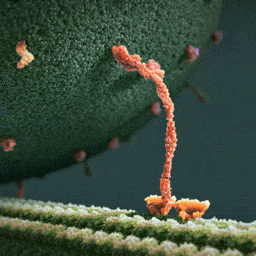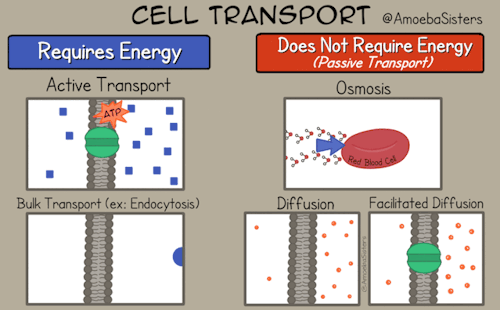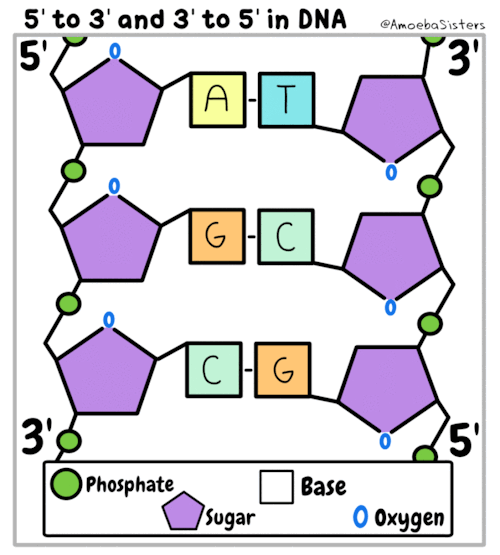Scientists Have Created A Mutant Enzyme That Breaks Down Plastic Drinks Bottles – By Accident. The

Scientists have created a mutant enzyme that breaks down plastic drinks bottles – by accident. The breakthrough could help solve the global plastic pollution crisis by enabling for the first time the full recycling of bottles.
The new research was spurred by the discovery in 2016 of the first bacterium that had naturally evolved to eat plastic, at a waste dump in Japan. Scientists have now revealed the detailed structure of the crucial enzyme produced by the bug.
The international team then tweaked the enzyme to see how it had evolved, but tests showed they had inadvertently made the molecule even better at breaking down the PET (polyethylene terephthalate) plastic used for soft drink bottles. “What actually turned out was we improved the enzyme, which was a bit of a shock,” said Prof John McGeehan, at the University of Portsmouth, UK, who led the research. “It’s great and a real finding.”
Continue Reading.
More Posts from Bio100cia-blog and Others

Kinesin (a motor protein) pulling some kind of vesicle along some kind of cytoskeletal filament.


We know you’re humming the theme song…

A bacterium living on the diatom of and amphipod
(Reddit)
Zoooooooooooom


The microscopic diversity of a single droplet of water.
Penicillin

Penicillin is a widely used antibiotic prescribed to treat staphylococci and streptococci bacterial infections.
beta-lactam family
Gram-positive bacteria = thick cell walls containing high levels of peptidoglycan
gram-negative bacteria = thinner cell walls with low levels of peptidoglycan and surrounded by a lipopolysaccharide (LPS) layer that prevents antibiotic entry
penicillin is most effective against gram-positive bacteria where DD-transpeptidase activity is highest.
Examples of penicillins include:
amoxicillin
ampicillin
bacampicillin
oxacillin
penicillin
Mechanism(s)
Penicillin inhibits the bacterial enzyme transpeptidase, responsible for catalysing the final peptidoglycan crosslinking stage of bacterial cell wall synthesis.
Cells wall is weakened and cells swell as water enters and then burst (lysis)
Becomes permanently covalently bonded to the enzymes’s active site (irreversible)


Alternative theory: penicillin mimics D-Ala D-Ala

Or may act as an umbrella inhibitor

Resistance
production of beta-lactamase - destroys the beta-lactam ring of penicillin and makes it ineffective (eg Staphylococcus aureus - most are now resistant)
In response, synthetic penicillin that is resistant to beta-lactamase is in use including egdicloxacillin, oxacillin, nafcillin, and methicillin.
Some is resistant to methicillin - methicillin-resistant Staphylococcus aureus (MRSA).
Demonstrating blanket resistance to all beta-lactam antibiotics -extremely serious health risk.

So many ways to transport…and these are just a few!

Confused about what is meant by 5’ to 3’ and 3’ to 5’ in DNA? We have a GIF for that!

The honey badger of the microbe world.
-
 la-monna-smile reblogged this · 2 months ago
la-monna-smile reblogged this · 2 months ago -
 mjkltoad reblogged this · 7 months ago
mjkltoad reblogged this · 7 months ago -
 mimi19art liked this · 1 year ago
mimi19art liked this · 1 year ago -
 collromampifo liked this · 1 year ago
collromampifo liked this · 1 year ago -
 anandanivea liked this · 1 year ago
anandanivea liked this · 1 year ago -
 letscandyme liked this · 2 years ago
letscandyme liked this · 2 years ago -
 therearepeoplewho reblogged this · 2 years ago
therearepeoplewho reblogged this · 2 years ago -
 ninjakittenarmy reblogged this · 2 years ago
ninjakittenarmy reblogged this · 2 years ago -
 coco177 reblogged this · 2 years ago
coco177 reblogged this · 2 years ago -
 coco177 liked this · 2 years ago
coco177 liked this · 2 years ago -
 kelly-hoot980451-blog liked this · 3 years ago
kelly-hoot980451-blog liked this · 3 years ago -
 the-great-dumpster-fire liked this · 3 years ago
the-great-dumpster-fire liked this · 3 years ago -
 velasmonet liked this · 3 years ago
velasmonet liked this · 3 years ago